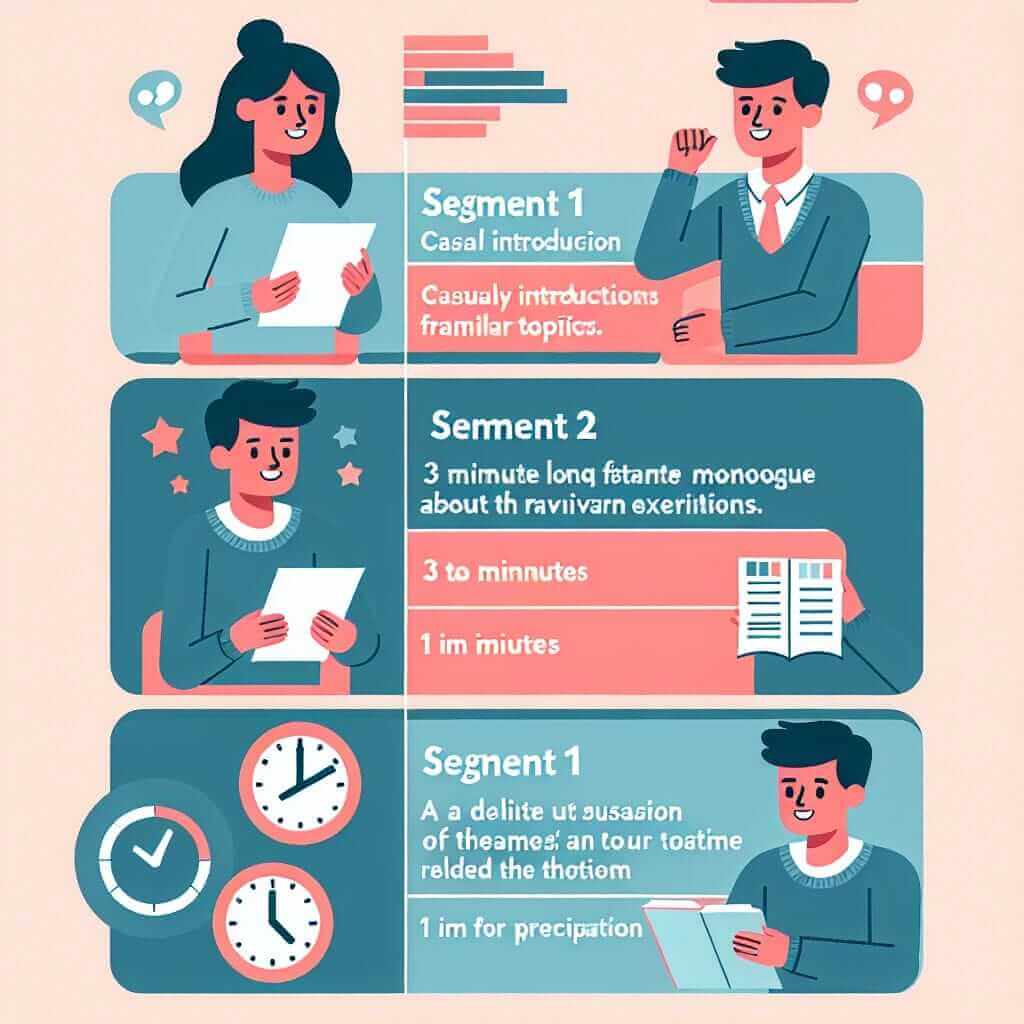For many aspiring IELTS test-takers, aiming for a specific band score can feel like navigating uncharted territory. One common question we encounter is, “Is it hard to get a 4.5 in IELTS Speaking?”. The answer, as with most things IELTS, is: it depends. While a 4.5 represents the ability to communicate in English on a basic level, achieving it still requires focused preparation and a good understanding of the test format.
Understanding the IELTS Speaking Band Descriptors
The first step to demystifying the 4.5 score is understanding what it represents. IELTS uses a 9-band scoring system, with each band corresponding to a specific proficiency level. A band 4.5 in Speaking means:
- You can communicate basic needs and engage in simple conversations.
- You may make frequent grammatical errors and mispronounce some words.
- Your vocabulary is likely limited, but you can still convey your message in most everyday situations.
What Does a 4.5 Look Like in the IELTS Speaking Test?
The IELTS Speaking test is divided into three parts, each assessing different aspects of your spoken English:
Part 1: Introduction and Interview (4-5 minutes)
At a 4.5 level, you should be able to answer basic questions about familiar topics like your hometown, hobbies, or daily routines. While fluency may not be perfect, you should be able to communicate basic information.
Part 2: Individual Long Turn (3-4 minutes)
You’ll be given a topic card and asked to speak for two minutes. A 4.5 response might lack structure and have pauses, but you should be able to convey some relevant ideas.
Part 3: Two-way Discussion (4-5 minutes)
This part involves a more abstract discussion related to the topic in Part 2. At a 4.5 level, you may struggle to express complex opinions but should be able to participate with simpler responses and ask for clarification when needed.

Tips to Achieve a 4.5 in IELTS Speaking
Achieving a 4.5 is definitely attainable with the right approach. Here are some tips:
- Practice Regularly: Consistent speaking practice is crucial. Talk to English speakers whenever possible, or record yourself answering typical IELTS Speaking questions.
- Expand Your Vocabulary: Focus on learning vocabulary related to common IELTS topics like work, education, and leisure activities.
- Work on Basic Grammar: Pay attention to basic grammar structures like verb tenses and sentence formation. Simple, accurate sentences are better than complex ones with errors.
- Listen Actively: Engage with English listening materials like podcasts, movies, or TV shows to improve your comprehension and pronunciation.
- Get Familiar with the Test Format: Practice with sample questions and mock tests to understand the structure and timing of the Speaking test.
It’s All About Effective Communication
Remember, the IELTS Speaking test is not just about showcasing perfect grammar or a vast vocabulary. It’s about effectively communicating your ideas. While a 4.5 represents a fundamental level, it demonstrates your ability to communicate in English. With dedicated effort and a strategic approach, you can certainly achieve this score.